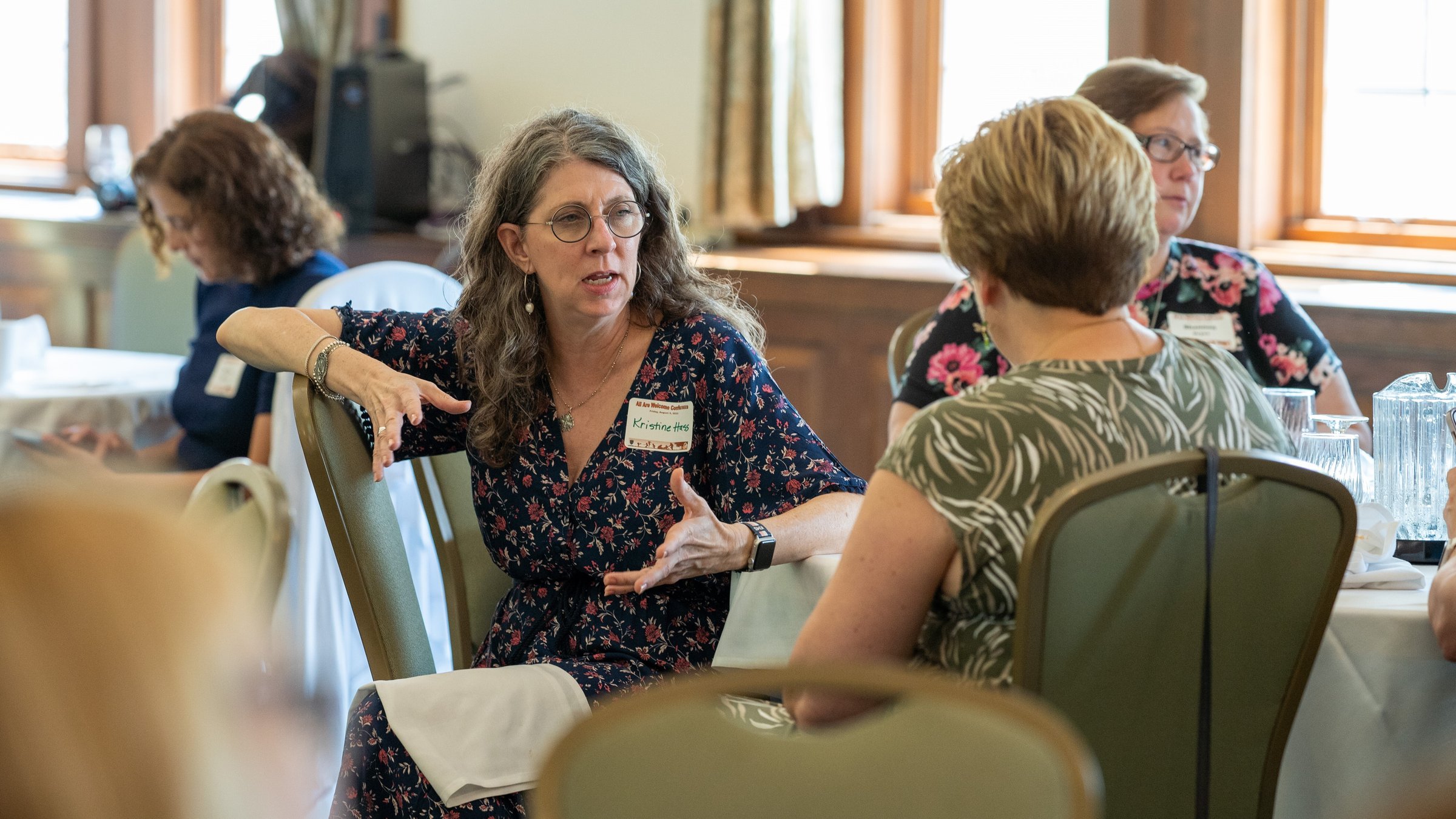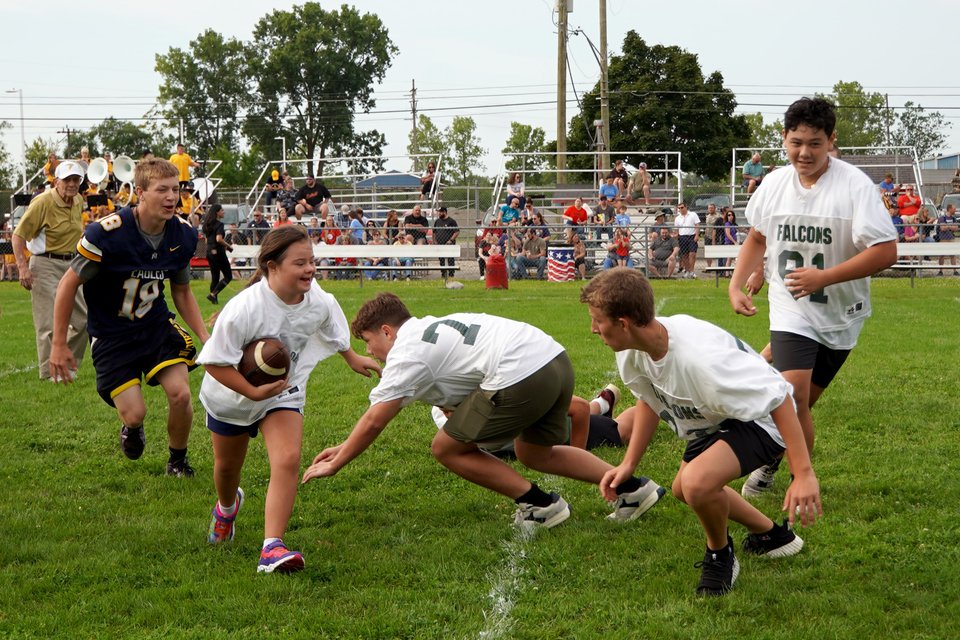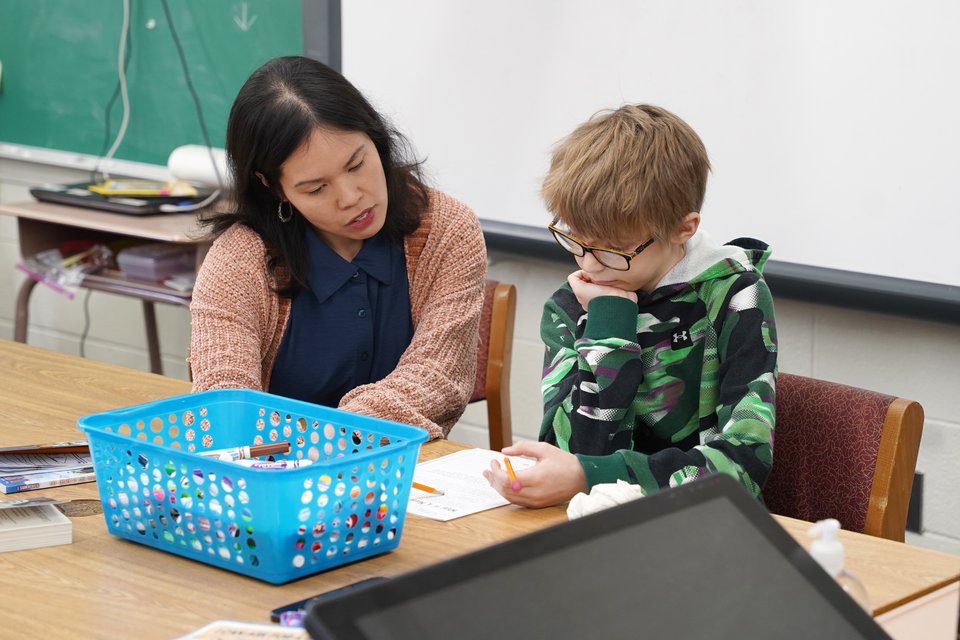'All Are Welcome' conference challenges parish leaders to pay attention to needs of underserved families, ask 'How can I help?'
DETROIT — Those in ministry across the Archdiocese of Detroit attended the All Are Welcome Conference on Aug. 5, which focused on building an inclusive community for persons with disabilities.
Clergy, Catholic school leaders, catechists, teachers, and lay ministers gathered at Sacred Heart Major Seminary for a day of reflection and education with a keynote presentation from Sr. M. Johanna Paruch, FSGM, Ph.D., a professor of theology at the Franciscan University of Steubenville. The free conference was sponsored by Ascension Southeast Michigan Community Health and the Archdiocese of Detroit.
If attendees took only one thing away from the conference, Sr. Paruch said she hoped it would be that one’s “attitude should be that of Christ,” she said.
“That fuels everything. Our attitude must be that of Christ, who became flesh for us,” said Sr. Paruch, who also serves as a consultant to the U.S. Conference of Catholic Bishops' Committee on Evangelization and Catechesis. “We have to remember Christ emptied himself and took the form of a man dying on the cross for us. When Jesus was on the cross, he was also totally disabled. So he always becomes what we are.”
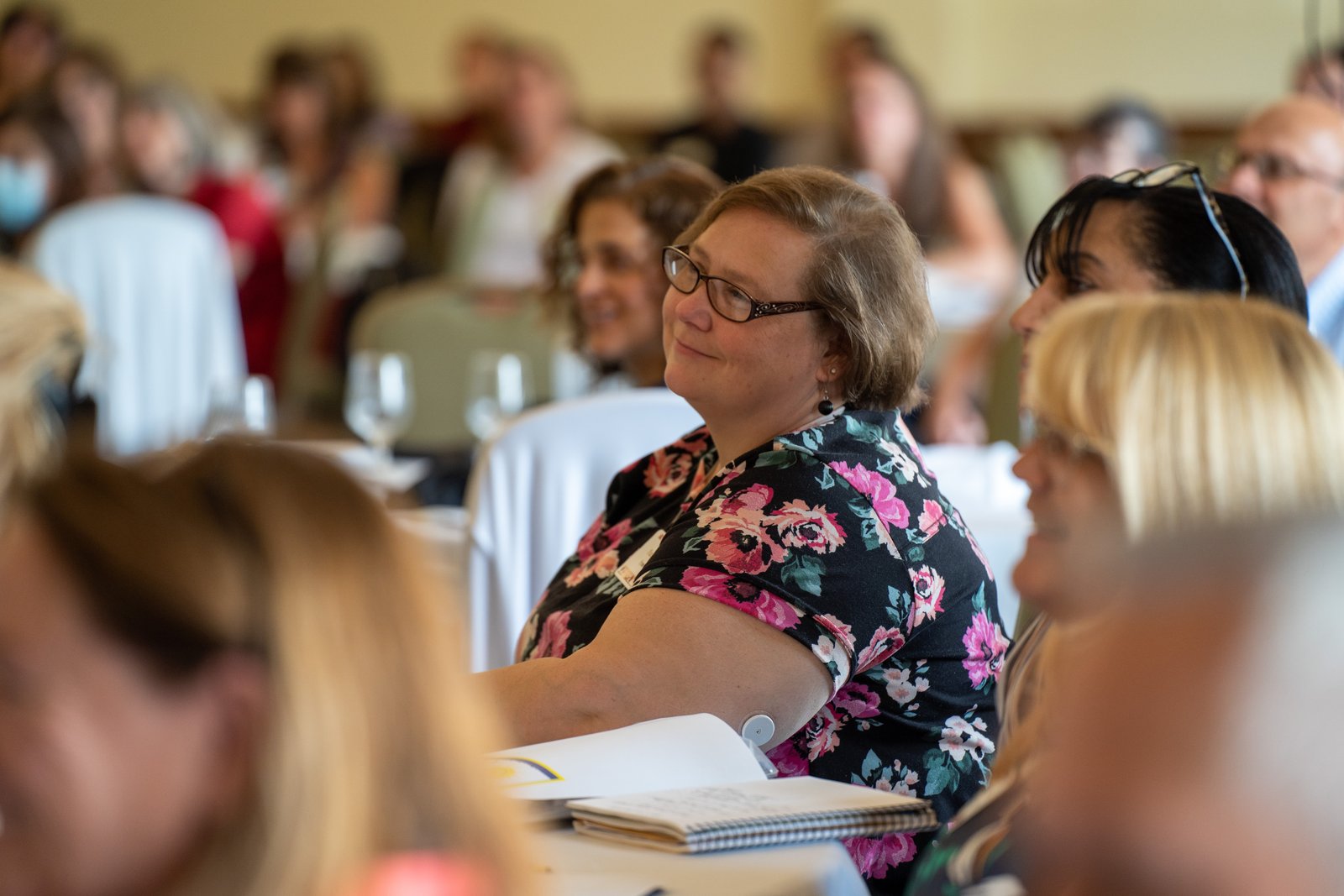
Sr. Paruch used anecdotes from her own life to illustrate inclusivity, starting with her childhood and family, discussing colleagues and students and sharing stories of saints with disabilities.
Sr. Paruch shared her devotion to St. Margaret Castello, known as “little Margaret.” Born in 1297, Margaret had an extraordinarily profound curvature in her spine, which made walking difficult. Margaret was born blind, and most modern scholars believe she also had dwarfism, Sr. Paruch explained. Margaret’s parents tried to heal her and locked her away in a room to the side of the church, and slipped food in to her. Margaret eventually escaped and joined the third-order Dominicans.
“She had this tremendous faith in God, and she could have been just totally beaten down” because of her experience, Sr. Paruch said. “She went out to evangelize, and in those days, people would probably be running in another direction when they saw her coming. A lot of people would think Margaret was a witch or that God had punished her … all those stupid reasons that they used to have and still do for people who have disabilities. She said she wondered why people pitied her; was it not a privilege to suffer with Christ? Suffering, for her, was the way to heaven.”
Understanding this Catholic perspective on suffering is extremely important, Sr. Paruch said, but when talking with people with disabilities or their parents, “redemptive suffering” is not the first thing one should discuss. Instead, approach the conversation with love and a listening ear, she said.
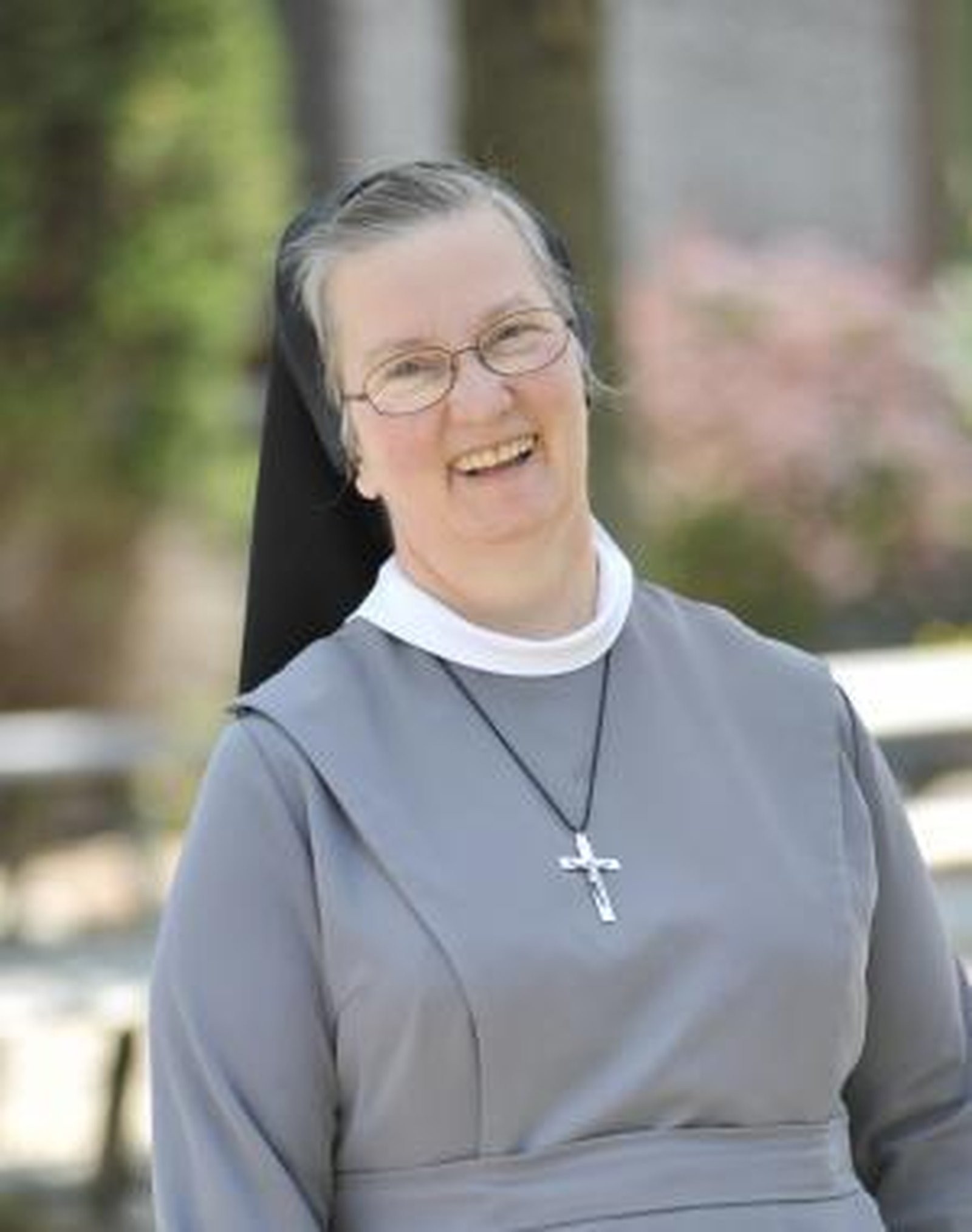
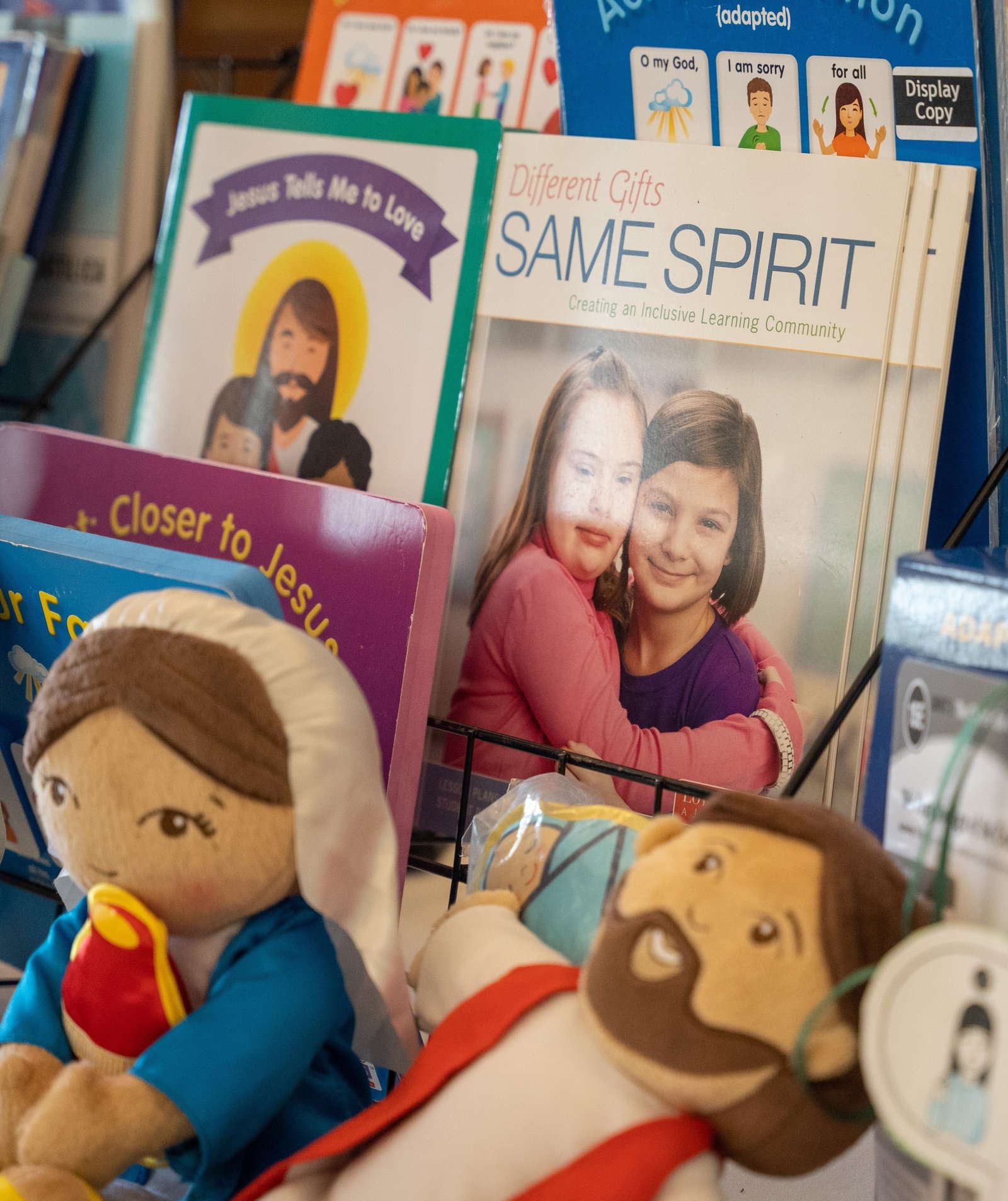
Often, Sr. Paruch said, people say they don’t have people with disabilities in their parish, but this often can be because the church simply isn't accessible.
“When people say, ‘We don't have any disabled people in our churches,’ that's impossible,” Sr. Paruch said. “We have to get rid of that idea because probably what's happening is that the parish is not accessible. I don't just mean wheelchair ramps and accessible bathrooms or interpreters or Braille texts or any of that. If people don't welcome our brothers and sisters who have disabilities, then it's not accessible.”
Sometimes, parents who sign their children up for faith formation classes or church events won't mention their child's disability or ask about accommodations out of fear the church won’t let their children participate, Sr. Paruch said.
“By reason of the Gospel, we cannot do that. When we look at working with people with disabilities, there's the medical and therapeutic side, but that's not our job; our job is pastoral and catechetical," she said. "So that's what we're trying to do, and to be pastoral, we have to be welcoming. We have to be welcoming enough that parents would want to tell us.”
Nicole Joyce, associate director of family ministry for the Archdiocese of Detroit, said many parishes and schools in the archdiocese are offering programs such as adaptive catechesis for sacramental preparation and are working to make buildings accessible.
In June, Joyce trained a group of lay ministers in offering adaptive programming with the hope they can become mentors for others who wish to do more to make their parishes inclusive.
“I think we could definitely do a better job as a whole people to be more inclusive just in the way we interact with people when they come through our doors, making sure that we're being friendly and hospitable and asking ‘Is there anything I can do for you?’” Joyce said. “‘What do you need from me to have a better experience at Mass?’ or ‘What do your children need from us to better experience the sacraments and participate in church life?’
“I think it's really important that we, as a Church, are constantly aware that anyone coming through our doors could be experiencing something that we can't see or understand and how important it is that we're there, to welcome them and to be accommodating and inclusive.”
Copy Permalink
Disabilities ministry


